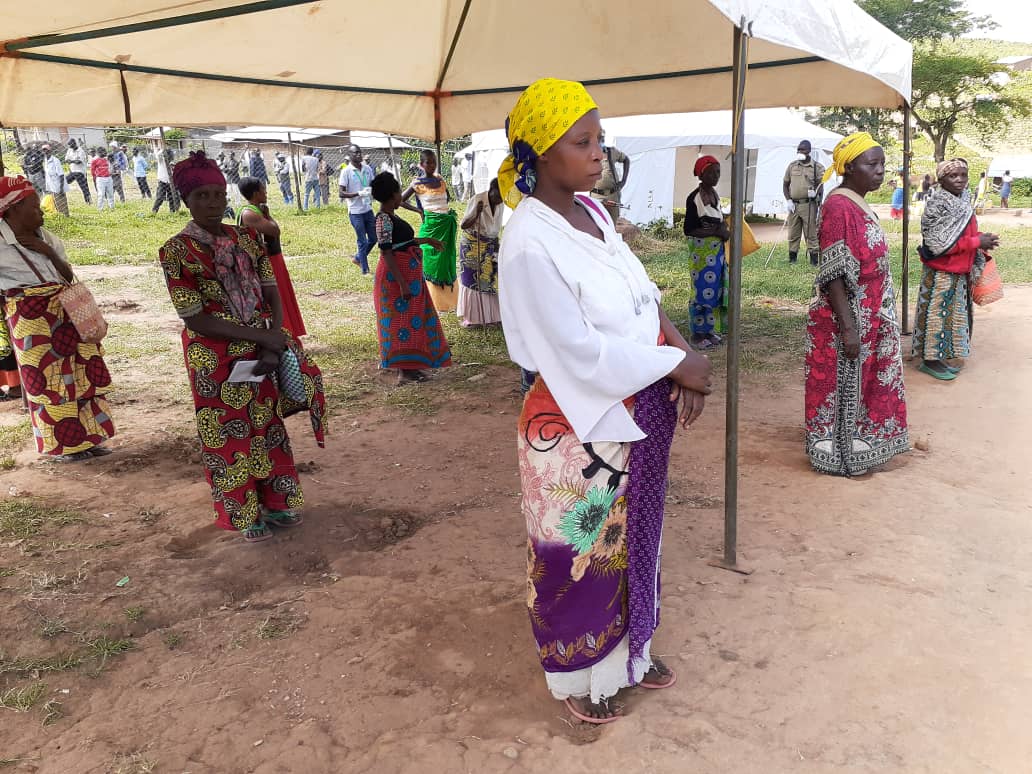A guest blog from my colleague Maureen Ouma who is part of our admin team at Xavier Project
Currently the schools in Kenya have adopted an online learning model, where they send classwork to the learners via either Email or WhatsApp to the Parents to relay to the kids and for this to work effectively, the children need access to internet services as well as access to devices such as smart phones and laptops. All these are things that I did not budget for and therefore I have to had to share my devices. This has been a bit of an issue, simply because I have had to try and balance my work obligations whilst doubling up as a teacher and sharing the same devices with my 3 children who are of school going age has enabled me to truly appreciate the art of patience. In addition to this access to the internet has exposed my kids to a lot of content. It has been really hard for me to monitor the content that my kids access and on several occasions I have really had to sit them down and discuss what they are searching online. On more instances that one they often decide to explore when I am not around and therefore require constant monitoring. In my experience turning our home into a classroom has had its own challenges.
Creating the right learning environment for the kids has been an uphill task compared to school where they run on a per set schedule, being at home is different, it has taken so much out of me to explain why they need to try and stick to a certain way of doing things .My kids attention span and learning environment is affected by numerous factors such as their friends who come looking for them so that they can go out and play to neighbours who play loud music not to mention various activities going on within the neighbourhood that attract them . From my observation studying from home requires self-discipline which the kids lack, I’ve noticed they are really struggling to establish a daily learning routine in that whenever my husband and I are around they study, but when we step out they also stop studying and start playing despite the numerous warnings and threats we give them. This makes us reprimand them every now and then and has ended up affecting our relationship with them. I have to admit that I too have fallen short of my own expectations as sometimes I can’t resist the urge to send my kids on errands. I also have a toddler whom they baby sit while am busy or not around , and In so doing they end up wasting a lot of time helping me with the chores in between their studies and this also affects their concentration .
On occasion I also find it difficult assisting my children when they have a questions that require clarification, I’ve forgotten most of the things they ask about and find that I lack the proper way to explain others in a way that they would understand easily, especially for the one who is in kindergarten who believes her teacher is the only one who knows any of the content even if it’s just shading within to lines. All in all I would like to mention that having my kids learning from home has given me as a parent the opportunity to understand their strengths and weaknesses in the various subjects .I have noted areas where they need assistance and I am able to make plans on the possible ways of resolving them. On the flipside, there is also a lot of time to bond with the kids and make learning more interesting .Who knows maybe I should branch into teaching……hahaha .
